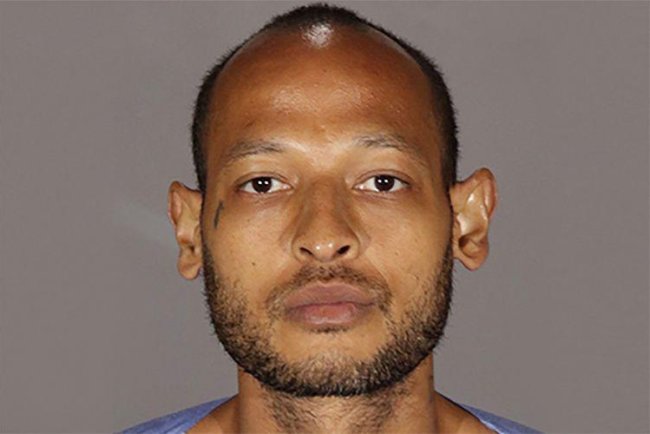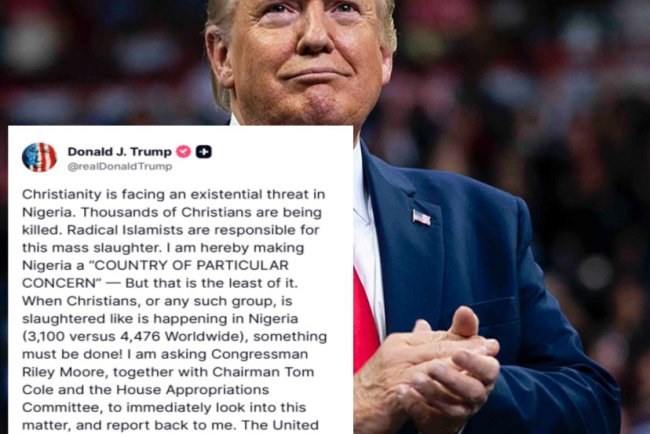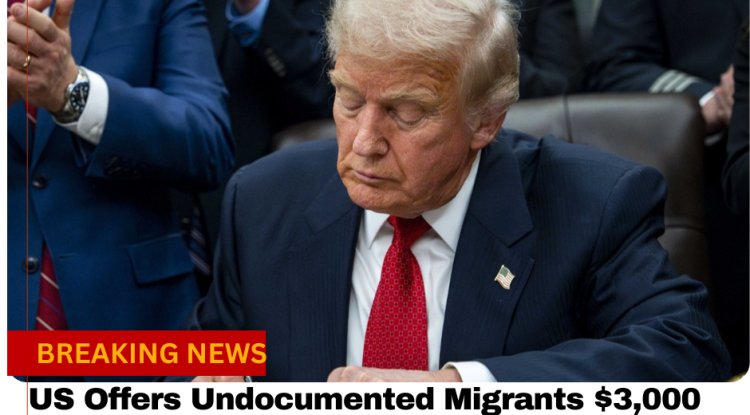Federal Government Seeks Ekweremadu’s Transfer from UK Prison to Nigeria
Nigeria’s FG begins high-level talks with UK to transfer Senator Ike Ekweremadu from British prison to serve his organ trafficking sentence at home.
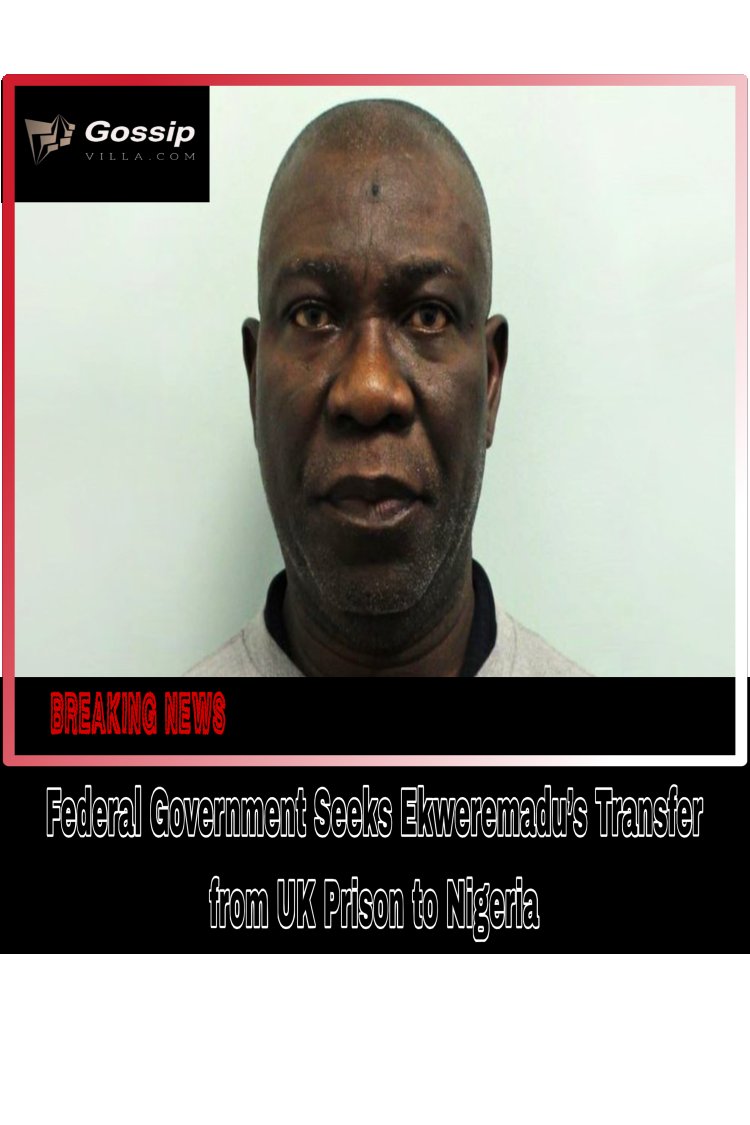
Federal Government Seeks Ekweremadu’s Transfer from UK Prison to Nigeria
In a move that blends humanitarian diplomacy with international law, the Federal Government of Nigeria (FGN) has kicked off high-level talks with United Kingdom authorities. The goal? To bring former Deputy Senate President Ike Ekweremadu back to Nigerian soil to serve out the remainder of his prison sentence. This development, unfolding just days ago in London, has reignited discussions on prisoner transfers, organ trafficking ethics, and the enduring ties between two Commonwealth nations. For Nigerians at home and in the diaspora, it’s a poignant reminder of a scandal that shocked the world and a potential step toward closure for one of the country’s most prominent political figures.
If you’re new to this story or need a refresher, buckle up. We’ll dive deep into the backstory, the conviction that landed Ekweremadu behind bars, the nuts and bolts of these consultations, and what it all might mean moving forward. This isn’t just news; it’s a tale of desperation, justice, and redemption on a global stage.
The Backstory: A Father’s Desperate Quest for His Daughter’s Health
To understand the consultations underway today, we must rewind to 2018 a time when Ike Ekweremadu was at the peak of his political career. As Nigeria’s Deputy Senate President from 2015 to 2019, Ekweremadu was a powerhouse in the National Assembly, representing Enugu West Senatorial District. But behind the corridors of power, a personal crisis loomed large: his eldest daughter, Sonia Ekweremadu, was battling a severe kidney condition that required a life-saving transplant.
Enter the ill-fated plot. According to UK prosecutors, Ekweremadu and his wife, Beatrice, conspired with a Nigerian medical doctor, Obinna Obeta, to traffic a vulnerable 21-year-old man from Lagos identified in court as David Nwamini, a street vendor to the UK. The plan? Harvest one of his kidneys for Sonia, without the man’s full informed consent. Nwamini was lured with promises of a better life and payment, only to discover the true intent upon arrival in London in 2022.
This wasn’t a spur-of-the-moment decision but a calculated scheme spanning months, involving falsified documents and medical evaluations. When Nwamini balked at the surgery, the plot unraveled, leading to arrests and a high-profile trial at the Old Bailey, London’s Central Criminal Court.
The case exposed ugly undercurrents: the commodification of human organs in desperation, the ethical minefield of transplant tourism, and the stark inequalities between wealthy patients in the Global North and potential donors from the Global South. It also prompted the UK to launch broader investigations into organ trafficking networks, marking Ekweremadu’s conviction as a landmark in modern slavery jurisprudence.
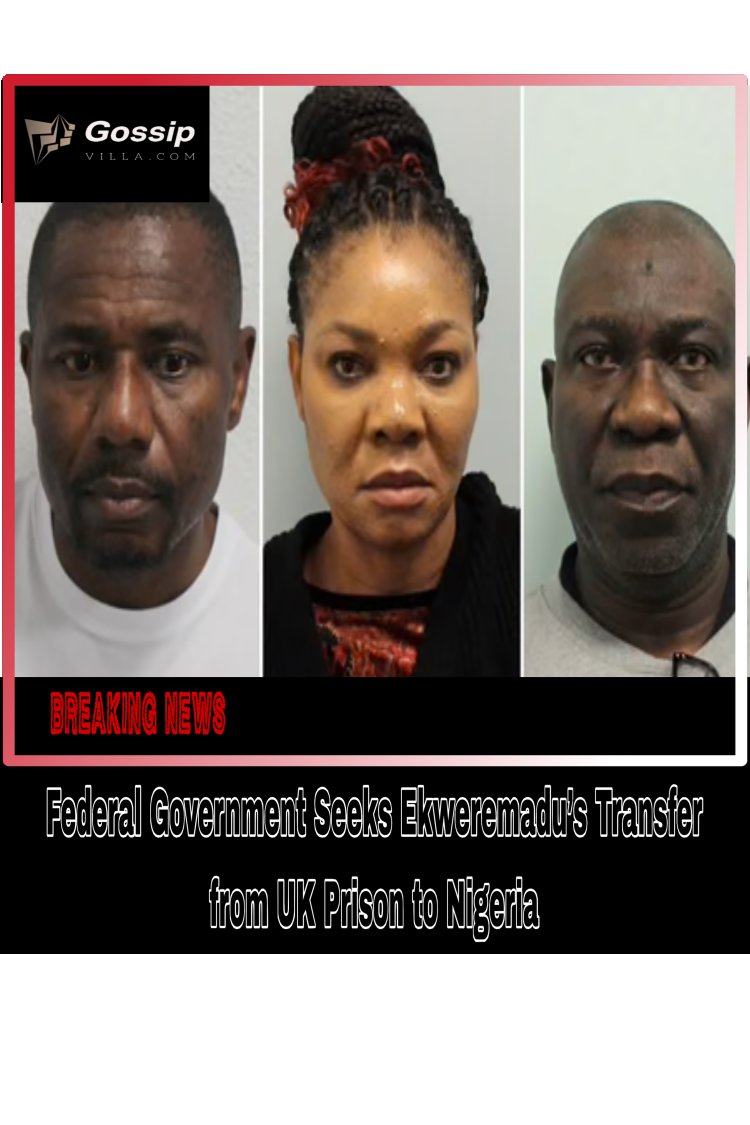
The Verdict: Nine Years Behind Bars and a Family Fractured
Fast-forward to March 2023: After a six-week trial, the jury delivered guilty verdicts. Ekweremadu, Beatrice, and Obeta were convicted under the UK’s Modern Slavery Act 2015 for conspiracy to arrange the travel of another person for exploitation. On May 5, 2023, sentencing day arrived with global media swarming.
• Ike Ekweremadu: Nine years and eight months the harshest penalty ever for organ harvesting in UK history. Judge Edis called it a “wicked offence,” emphasizing the violation of human dignity.
• Beatrice Ekweremadu: Four years and six months, reflecting her secondary role but still complicit in the deception.
• Dr. Obinna Obeta: Ten years, as the ringleader who facilitated medical aspects.
Ekweremadu’s appeals have faltered, and he’s been serving time in a Category C prison, far from the political limelight he once commanded. Sonia, the intended beneficiary, remains in dire need of a transplant, her condition a heartbreaking footnote to the saga. Beatrice, however, saw a glimmer of mercy: Released early in early 2025 after serving about two-thirds of her sentence under UK guidelines, she returned to Nigeria, where she’s been vocal about her husband’s plight. (Arise TV)
The conviction didn’t just shatter the Ekweremadu family; it stained Nigeria’s international image, fueling debates on elite accountability and the pressures of parental love clashing with legal boundaries.
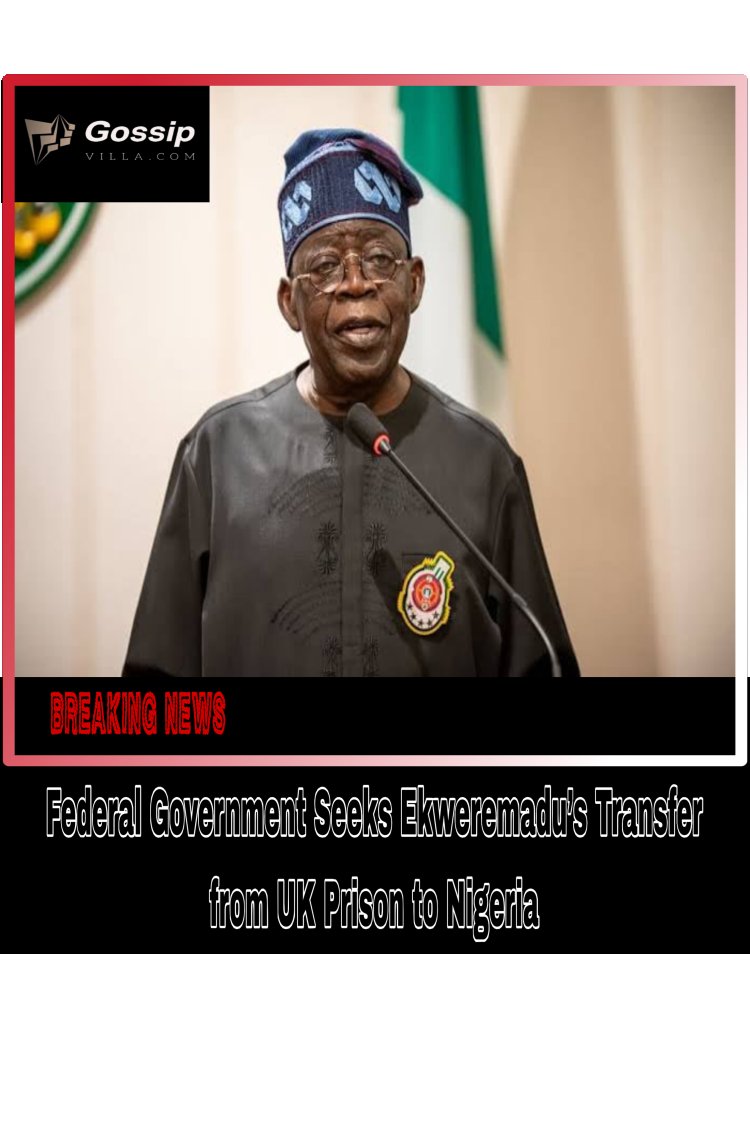
Breaking News: Tinubu’s Delegation Storming London for a Prisoner Swap
Enter November 2025. President Bola Ahmed Tinubu, ever the pragmatist, has greenlit a diplomatic offensive to repatriate Ekweremadu. On Monday, November 10, a crisp autumn day in London a high-powered Nigerian delegation touched down at the UK Ministry of Justice for closed-door talks.
Leading the charge:
• Yusuf Maitama Tuggar, Minister of Foreign Affairs, steering the bilateral diplomacy.
• Lateef Fagbemi, Attorney General of the Federation and Minister of Justice, bringing legal firepower.
The duo huddled with senior UK officials, laying out a formal appeal for a prisoner transfer agreement. Post-meeting, they debriefed at the Nigerian High Commission with Acting High Commissioner Mohammed Maidugu, signaling a unified front.
In a statement that cut through the diplomatic fog, a top Foreign Affairs official revealed: “We are working on an appeal for a prisoner exchange for him to serve the remainder of his term in Nigeria.” This isn’t mere rhetoric; it’s rooted in humanitarian considerations, with the delegation probing avenues like compassionate parole and bilateral treaties.
Nigeria and the UK, bound by the Commonwealth and a 2007 prisoner transfer agreement (ratified under international conventions like the Council of Europe Convention on the Transfer of Sentenced Persons), have the framework in place. Such transfers aren’t automatic they require consent from the prisoner, the sentencing state (UK), and the administering state (Nigeria), plus assurances of equivalent treatment. Ekweremadu, now over two years into his sentence, has reportedly consented, viewing a Nigerian facility as closer to family and cultural roots.
Tinubu’s involvement underscores the personal stakes: Sources whisper of direct presidential directives, framing this as a matter of national compassion rather than political favoritism. After all, Ekweremadu’s Peoples Democratic Party (PDP) roots don’t align with Tinubu’s All Progressives Congress (APC), making this a rare bipartisan gesture. (Daily Trust )
What Happens Next? Legal Hurdles, Diplomatic Wins, and Broader Ramifications
The road ahead is paved with procedural potholes. UK authorities must weigh public interest, organ trafficking victims’ voices could sway sentiment against bilateral goodwill. If approved, Ekweremadu could be extradited within months, serving out roughly seven years in a Nigerian maximum-security prison like Kirikiri or Kuje. Conditions there? A far cry from UK standards, raising human rights concerns from groups like Amnesty International.
For Ekweremadu’s family, it’s a beacon of hope. Beatrice’s homecoming has already allowed her to rally support, with Nigerian civil society split: Some hail it as mercy for a “first-time offender” driven by love; others decry it as elite impunity.
Zoom out, and this episode spotlights bigger issues:
• Organ Trafficking Global Fight: The case has inspired UK policy tweaks and Nigerian legislative reviews on transplants.
• Nigeria-UK Relations: Amid trade talks and migration pacts, this could grease wheels or snag them if perceived as soft on crime.
• Humanitarian Diplomacy: Tinubu’s admin scores points for prioritizing citizens abroad, echoing efforts for other detainees.
As consultations grind on, expect updates from Abuja. The FGN promises transparency, but whispers suggest a decision by year’s end.
READ MORE ON: UK Supreme Court Upholds Nigeria’s £44.2m Legal Costs Win in P&ID Fraud Case
Final Thoughts: Justice, Mercy, and the Human Cost
Ike Ekweremadu’s story isn’t black-and-white. It’s a father’s anguish colliding with the law’s unyielding hammer, now softened by diplomatic olive branches. Whether this transfer materializes, it humanizes a scandal too often reduced to headlines. In Nigeria’s fractious political arena, it reminds us: Even the mighty fall, but redemption’s door cracks open through quiet negotiations in far-off halls.
What's Your Reaction?







